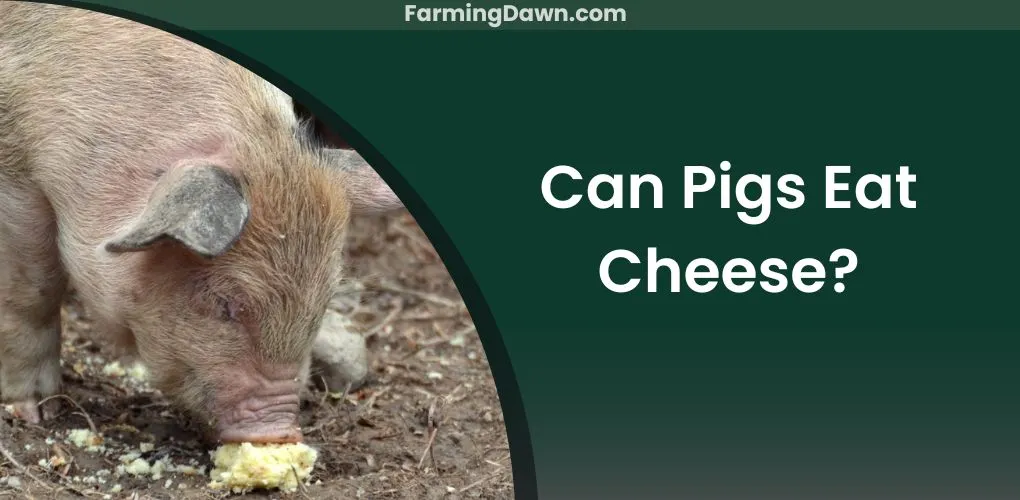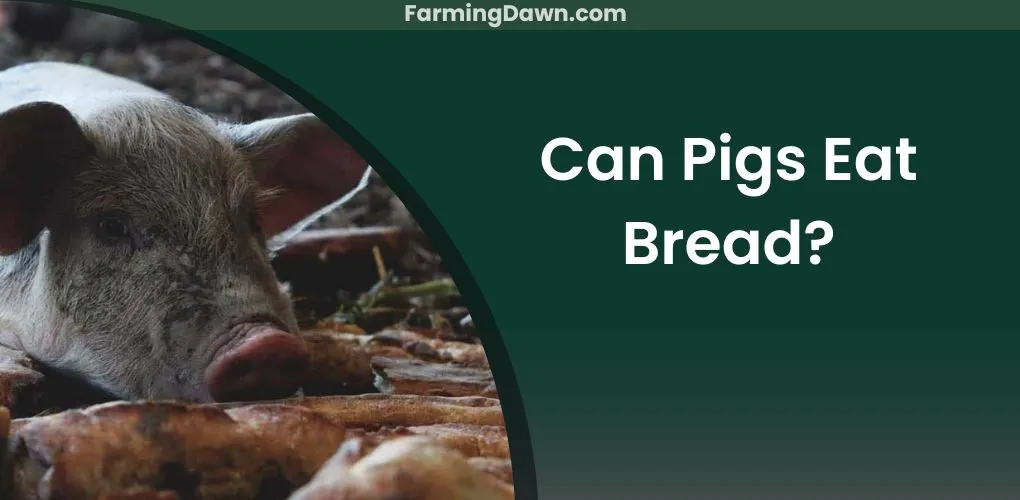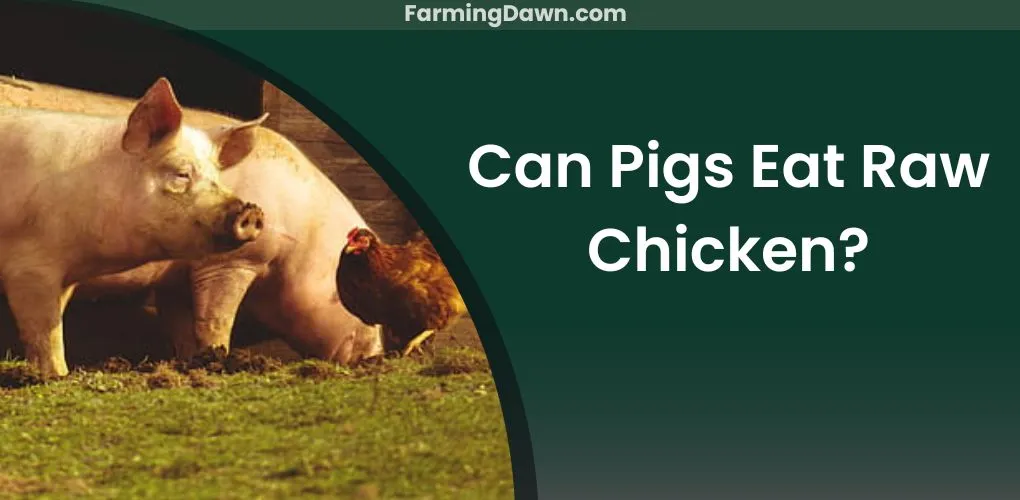As the days grow shorter and the nights longer, I’m reminded of a timeless question that has been asked over campfires and dinner tables alike: can pigs eat cheese? Well, let me tell you – there is no one-size-fits-all answer to this age-old query.
It’s true – some people say it’s dangerous for our beloved swine to indulge in dairy products like cheese. But at my farm here in Virginia’s Shenandoah Valley we have found ways to allow our porkers their favorite snack without worry or harm. We invite you on a journey with us as we explore how pigs can safely enjoy cheesy treats.
Can Pigs Eat Cheese To Cover It’s Nutritional Needs?
Pigs have unique dietary needs that must be met to keep them healthy and content. A pig’s diet is largely composed of vegetables, fruits, grasses, grains, seeds, legumes, and some animal by-products like fish meal or poultry meal. Pigs need a balanced diet with adequate protein, carbohydrates, fats, vitamins, and minerals to meet their nutrient requirements.
It should come as no surprise then that pigs can eat cheese on their own, but can also enjoy it as part of a well-balanced diet. Cheese contains high levels of fat which is beneficial for the skin of the pigs and their nutritional needs.
However, just like any other type of food, moderation is the key for the best health benefits. Cheese can provide an important source of energy and nutrition for your pet porker, alongside other types of food such as grains and hay.
When feeding pigs cheese ensure you only feed small amounts at any one time so they don’t become overweight or obese due to overindulgence. Also, make sure you are aware of any allergies or sensitivities they may have before introducing new foods into their diets. As long as these precautions are taken there’s no reason why the occasional piece of cheese shouldn’t form part of a varied diet that meets all your pig’s nutritional needs!
Common Foods That Pigs Consume
There is a wide variety of food types that make up pig’s diet, because they are omniverse creatures. To the surprise of many, cheese can be included in this list! But you should remember that pigs should only consume certain types and amounts of cheese for optimal nutrition. Let’s take a look at some common foods that can safely form part of a pig’s diet:
- Grains – Pigs enjoy cereals such as oats, maize, barley, or wheat; these provide energy and roughage which helps keep the digestive system healthy. Pigs can also eat bread as they help regulate their digestive system.
- Fruits & Vegetables – Pig feed often includes fruits and vegetables like apples, carrots, melon rinds, cucumber peels, etc., all full of essential vitamins and minerals needed for overall health.
- Nuts & Seeds – Nuts and seeds are also great sources of protein and fat for pigs; they love almonds, peanuts, sunflower seeds, etc.
When considering what treats to give your piggy friend, always ensure you’re providing them with balanced nutrition by including a mix of grains, fruits/vegetables, and nuts/seeds in their daily meals. It’s important to note that too much sugar or salt isn’t good for them either – moderation is key here!
Health Benefits Of Feeding Cheese To Pigs
Pigs are omnivorous animals, which means they can eat a variety of different foods. Cheese is an excellent source of certain nutrients and can provide some health benefits to pigs if included in their diet in moderation. Feeding cheese to your pig can be beneficial as it gives them additional sources of protein, calcium, vitamin A, phosphorus, and zinc.
The fatty acids found in cheese also help keep the skin on pigs soft and healthy while providing essential energy for growth. Also, including this type of food in your pig’s diet will give them important trace minerals that aid in digestion and improve overall mental well-being. Eating cheese regularly may even reduce stress levels so they’re less likely to become aggressive or exhibit other behavioral issues associated with boredom.
Cheese is a tasty treat that could bring many positive effects when given to pigs properly. So long as you take care not to overfeed them with dairy products like cheese, there should be no problem incorporating small amounts into their meals from time to time!
Potential Risks Of Feeding Cheese To Pigs
Feeding cheese to pigs can be a beneficial practice, but there are potential risks associated with it. Allowing these animals to indulge in the cheesy goodness comes with certain drawbacks and precautions should be taken before doing so.
Allergies
Some pigs may have allergies or intolerances to dairy products such as cheese, which could cause digestive upset and diarrhea if they ingest it. Additionally, cheeses tend to spoil quickly when kept at room temperature and could make your pig sick if given old and spoiled products. You must purchase fresh cheese for your pig if you decide to feed them any.
Weight Gain
In addition to health-related issues, cheese can also lead to overeating in pigs, increasing weight gain. If not monitored properly, this extra weight can put unnecessary strain on their joints and musculoskeletal system over time.
Cheeses That Are Safe For Pigs To Eat
It’s no secret that pigs love their cheese. But the question remains: can they safely eat it? The answer is a resounding yes! There are many kinds of cheeses that are perfectly safe for our porcine friends to consume, and even provide them with essential nutrients in the process.
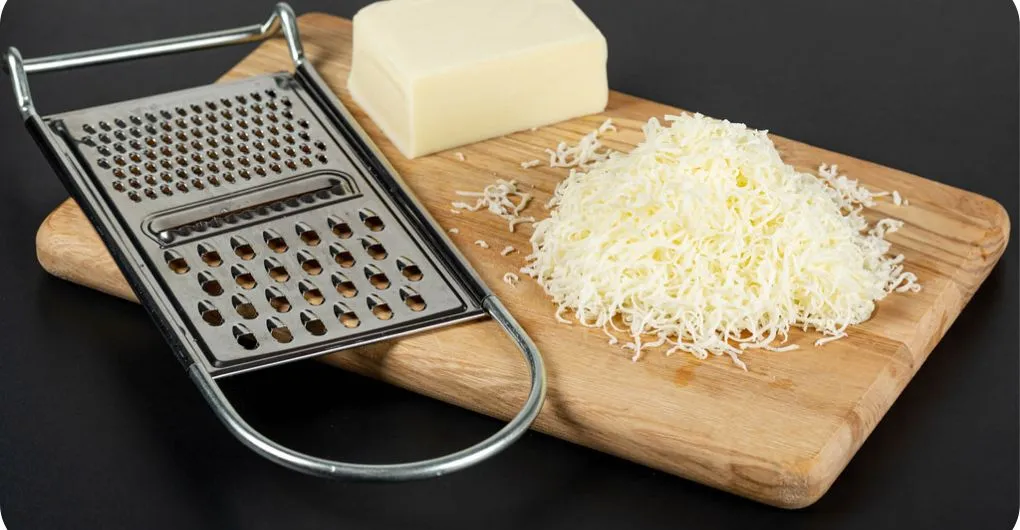
When choosing pig-safe cheeses, look for varieties such as:
- Cheddar cheese
- Swiss cheese
- Feta cheese
- Brie cheese
- Goat cheese
- Cream cheese
All these types of cheeses contain beneficial fats and proteins that help keep your pet healthy and happy. Also, cottage cheese is an excellent choice as well due to its high protein content. It also has significant amounts of calcium which help build strong bones and teeth for your piggy pal.
Cheeses That Should Be Avoided By Pigs
Pigs should avoid a wide variety of cheese, for the simple reason that their digestive system isn’t designed to properly handle it. To ensure your pigs are kept healthy avoid these types of cheese:
- Blue cheese
- Goat cheese
- Processed cheese
- Ricotta cheese
- Swiss cheese
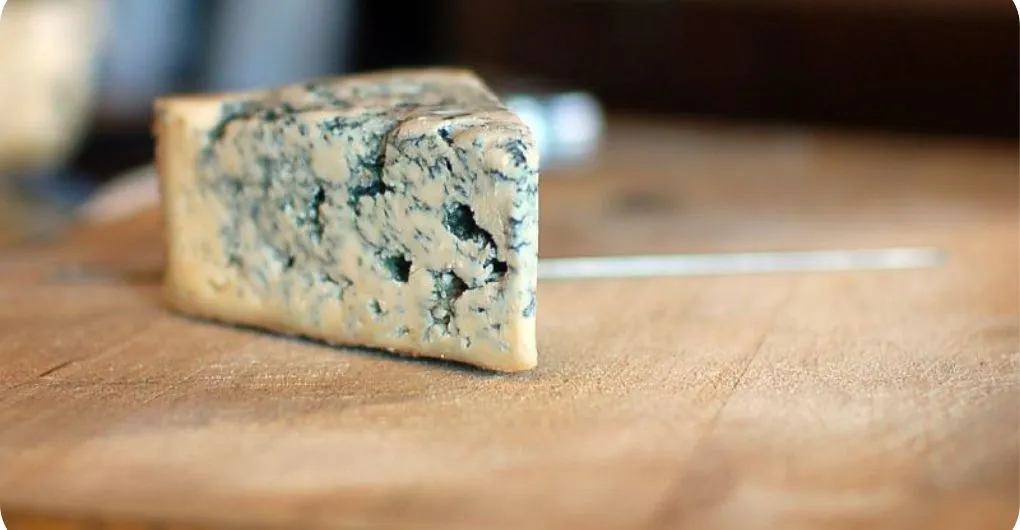
These cheeses can be difficult to digest as they contain bacteria or enzymes which can cause intestinal distress in swine. They often have added preservatives and artificial ingredients which can harm a pig’s delicate stomach. Also, some varieties of these cheeses may also include allergens like lactose or casein which could trigger an allergic reaction in your pig if ingested.
It’s best to keep away from these types of cheeses altogether when caring for pigs because even small amounts could lead to serious health problems down the line.
Cheese Alternatives For Pigs
There are plenty of alternative snacks and treats that your pigs can safely enjoy instead of cheese. Pig-safe snacks such as vegetable-based treats or even goat milk yogurt are a great way to keep your piggy happy and healthy.
Peanut butter treats make for an excellent treat while being healthful at the same time. For those looking for a natural snack idea, fruit-based snacks like applesauce or banana slices also make for tasty offerings that won’t harm your pet pig’s wellbeing.
Can Pigs Eat Cheese? Final Thoughts
I hope this post cleared your age-old question, can pigs eat cheese? As we’ve seen, pigs can enjoy some cheese in their diets. Cheese can provide a variety of nutritional benefits for our pigs and make them happier, healthier animals. However, it’s important to remember that not all cheeses are suitable for pig consumption; only certain varieties should be given as treats or snacks, which I already discussed in detail above. If you have any other questions ask me in the comments. Thank you!

